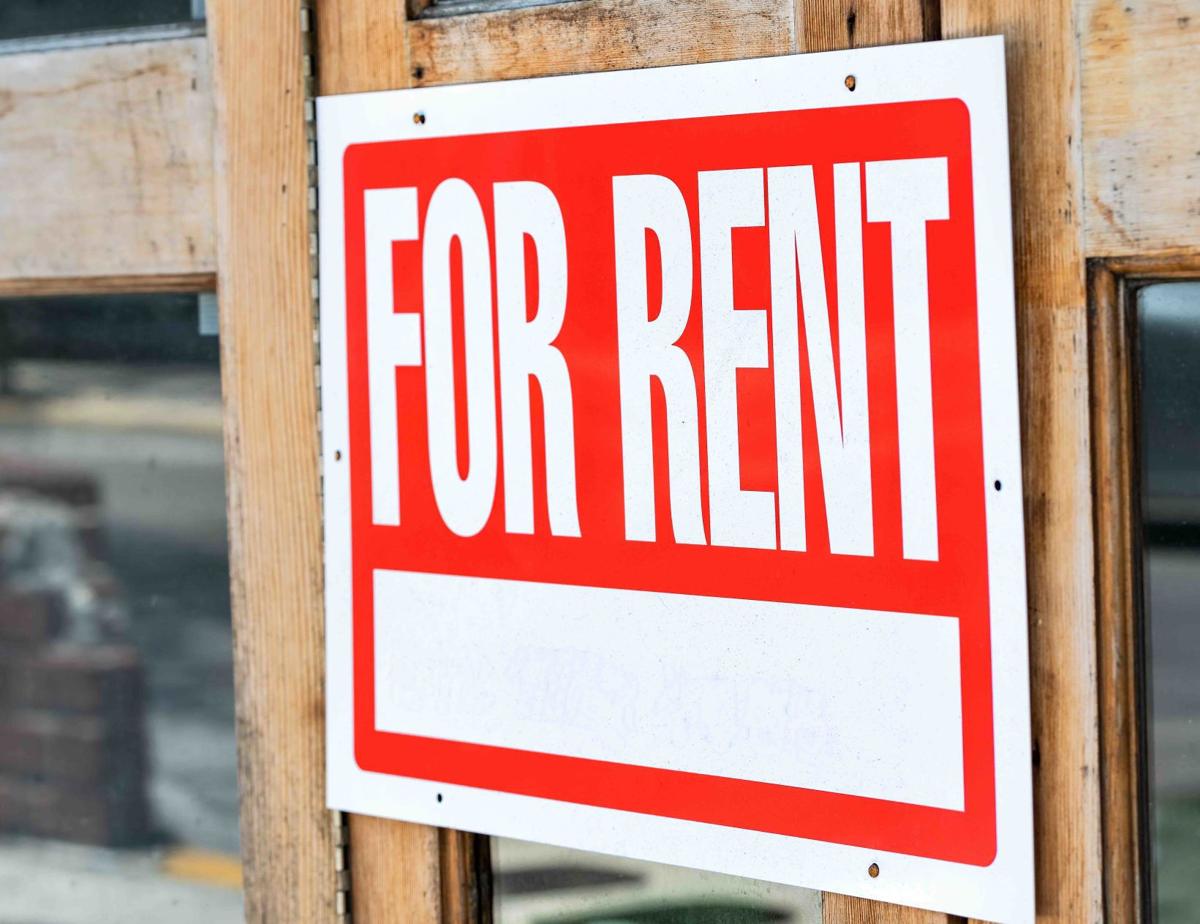A proposal by the Department of Housing and Urban Development could evict from public housing about 115 people in Tucson and three families in South Tucson where at least one person living in their residences is undocumented.
In May, HUD Secretary Ben Carson testified before a House committee that the new rule, which is in a comment period through early July, would move more fully documented families into public housing.
Keith Gregory, interim director for Tucson Housing and Community Development, says the rule would not help more people receive housing assistance or cut costs, but rather it would create extra regulations and burdens for the housing authority.
People who are undocumented are already ineligible for federal housing subsidies. A family can apply for housing assistance if at least one person is a legal resident or citizen, even if that person is a child. If a household with one or more undocumented person receives the subsidy, it’s prorated to cover only the housing cost for the legal residents or citizens, and the undocumented members have to cover their own housing costs.
“These aren’t individuals who are benefiting from the subsidies,” Gregory said. “This doesn’t help at all.”
Tucson is the 78th largest housing authority out of 4,000 nationwide, Gregory said. Like the rest of the country, Tucson and Pima County, both run by Tucson’s housing authority, have a long wait list for public housing assistance, with families waiting three to five years.
Gregory estimates that people in a household with at least one person who is undocumented make up about 1.6% of those receiving assistance. He says they’re not the reason for the long wait list and that reasons include not having enough affordable housing, government funding cuts and rising housing and development costs.
In 2006, Tucson was receiving around 90 percent funding to cover its public housing program, Gregory said. Today, the city receives about 83 percent at roughly $60 million to house about 7,160 people.
Gregory says if the proposal passes, Tucson might still be able to help the families affected stay in their homes by creating a Tenant-Based Rental Assistance program, which is also HUD-funded.
“The regulation is not really intended to solve a problem,” Gregory said. “These are families who haven’t done anything wrong.”
The city of South Tucson, on the other hand, doesn’t have any other options for the families who would be affected.
Marilyn Chico, executive director of South Tucson’s housing authority, says there’s not a lot of other resources to help the three families in public housing with a member who is undocumented.
Chico says there are a total of nine children in the three households, and in each family, the undocumented person is the head of household.
“It breaks my heart,” she says. “There’s the potential of having these three families out on the street. Where are they going to go? How are they going to live?”
Chico says the regulation would have no cost-saving benefits and even increase costs to the housing authority. Because these families receive prorated assistance, removing them from public housing and replacing them with families who receive a higher rate of assistance — based on the number of documented residents in the household — would be more costly.
Chico says the cost of clearing out a public housing unit and getting it ready for a new family is another added cost.
“All it’s doing is hurting the most vulnerable people that we serve,” she said.





